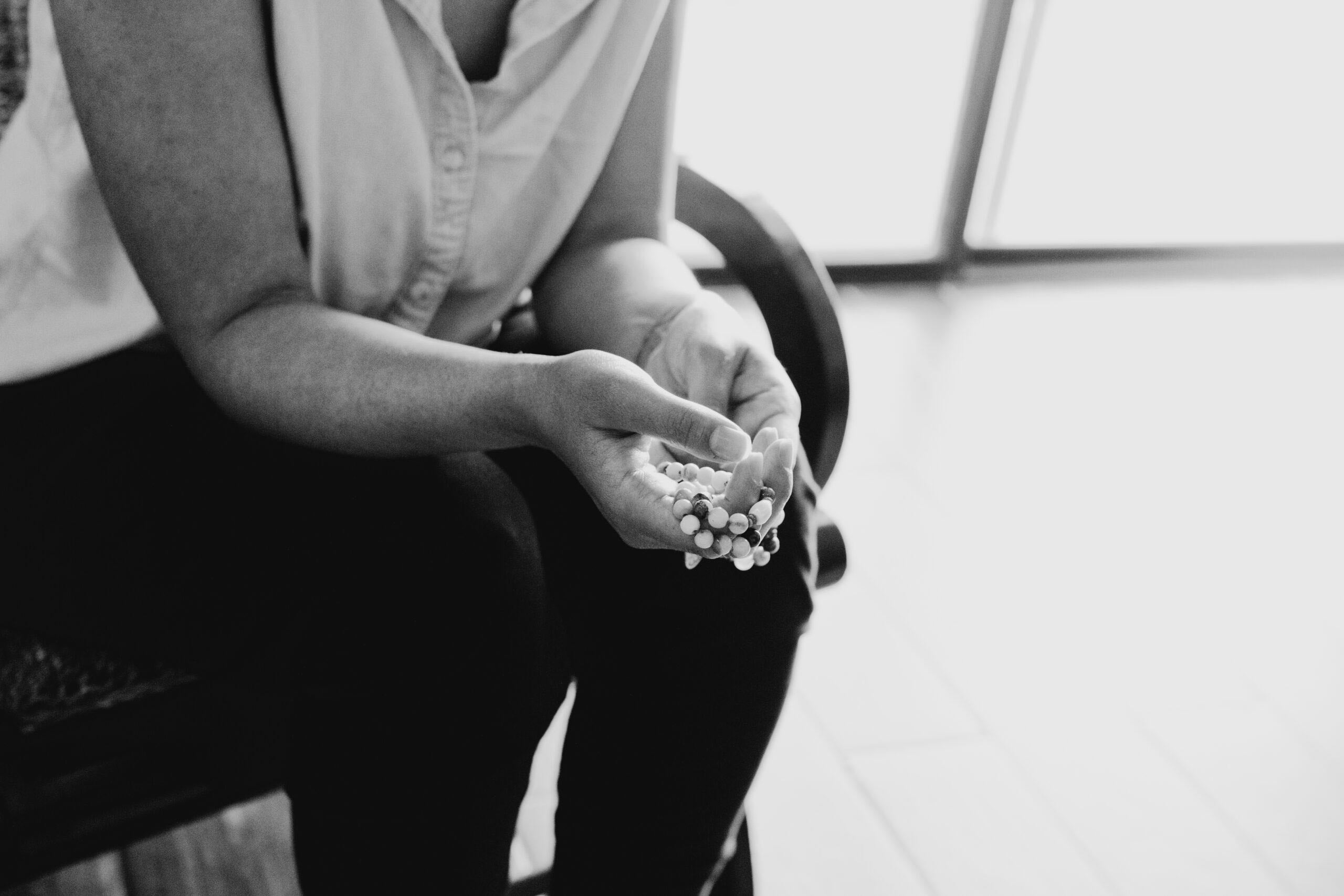
Ah, the glory of the battlefield. My childhood was formed by a thousand tales of skirmishes and battles, knights and soldiers, wars and warfare. Some of them were factual. The best of my history books came blazingly to life in my mind when describing the valor of the opponents of evil in the Second World War. Some of them were fictional. The Battle of Pelennor Fields in Tolkien’s The Lord of the Rings left me wide-eyed with admiration for the heroism of a little hobbit and a young woman who refused to be complacent.
Sadly, but necessarily, my growth into maturity brought with it an awareness that battles are hardly picturesque and only glorious in the sense that sometimes they are won. Evil is defeated, good triumphs, God’s will prevails. And that is a beautiful thing, despite the ugliness that it takes to get there. Because that is what war and the battlefield bring: ugliness. Suffering, pain, death. Chaos.
The Battle of Our Church
Our Church is fighting a particularly ugly and painful battle herself right now. The request by many of our priests and bishops to say the St. Michael prayer at the end of every Mass couldn’t be more vital. “Defend us in the battle,” we pray, while Our Eucharistic Lord rests before us and in us, giving us the strength we need to take up arms.
But what, exactly, does this battle entail? Some Catholics have felt uncertain or even offended by the request to join in this prayer. Why should the Church ask to be defended? Aren’t her members the aggressors in this case? Shouldn’t we be praying and acting for the defense of victims?
The Origin of the St. Michael Prayer
Pope Leo XIII first composed a prayer to St. Michael at the dawn of the 20th century, reportedly after a vision of evil spirits congregating around Vatican City. His first version of the prayer was much longer. I suppose it’s a good thing for those of us who are in the midst of battling our children’s wills to run down the aisle or scream in the middle of Mass that we’re saying the short one. But we’re missing out on some particularly potent phrases, like these paragraphs:
“This wicked dragon pours out, as a most impure flood, the venom of his malice on men of depraved mind and corrupt heart, the spirit of lying, of impiety, of blasphemy, and the pestilent breath of impurity, and of every vice and iniquity.
“These most crafty enemies have filled and inebriated with gall and bitterness the Church, the spouse of the Immaculate Lamb, and have laid impious hands on her most sacred possessions.” [Emphasis added.]
That last line rings with sickening truth. What are the most sacred possessions of the Church, if not, in the spirit of St. Lawrence’s words, its most vulnerable members? Where is the evil of the world more detestable than in the “pestilent breath of impurity” that has victimized them?
The Defense We're Praying For
Pope Leo—and our bishops today—didn’t ask us to say the St. Michael prayer to defend the Church from earthly forces or governmental justice. We’re praying for defense against a much stronger and much more intimate enemy: the dragon who has “inebriated with gall and bitterness the Church.” We’re fighting evil, within the Church and within our own hearts. If governmental justice or media attention will help that evil to be eradicated, we pray that St. Michael will give the Church’s leaders the courage to allow that, ugly and painful a battle as may result.
But we can’t forget that we, ourselves, are the Church. To fight the evil in her midst, we must never neglect the duty to fight the evil within our own minds and hearts. We should recall that the young men preparing for knighthood in the Middle Ages were taught horsemanship and swordplay—but before they could officially become knights and take up arms in an actual battle, they were obligated to spend the night in vigil in a chapel, praying and fasting. At the knighting ceremony, they wore a white tunic and belt to represent the purity expected of them. They were given a two-edged sword. One edge represented loyalty, the other justice.
St. Michael, we pray, will lead us in the battle for justice in the Church. But we must also beg him for purity and virtue in our own souls. We must struggle against the enemy in our personal lives so that we may be more prepared and effective when we take up that two-edged sword to defend our Church’s treasures.
Not Alone in Our Fight Against Evil
When Pope Leo XIII was given his vision of demons closing in on the Vatican, he may not have realized what that would mean to Catholics a century later. But he knew that mankind could not fight against evil like that alone. Only with God’s help and power can we hope to push back the corruption and destruction the dragon is hurling at us at every opportunity. And so we pray, “Cast into hell Satan,” “may God rebuke him.”
And, please, St. Michael, defend us in this battle.
Defend Us in Battle #BISblog //Click to tweet
Faith E. Hough is a writer and homeschooling mother of six. She and her artist husband live in Connecticut, where you can find her making art and avoiding laundry. You can find out more about her here.































